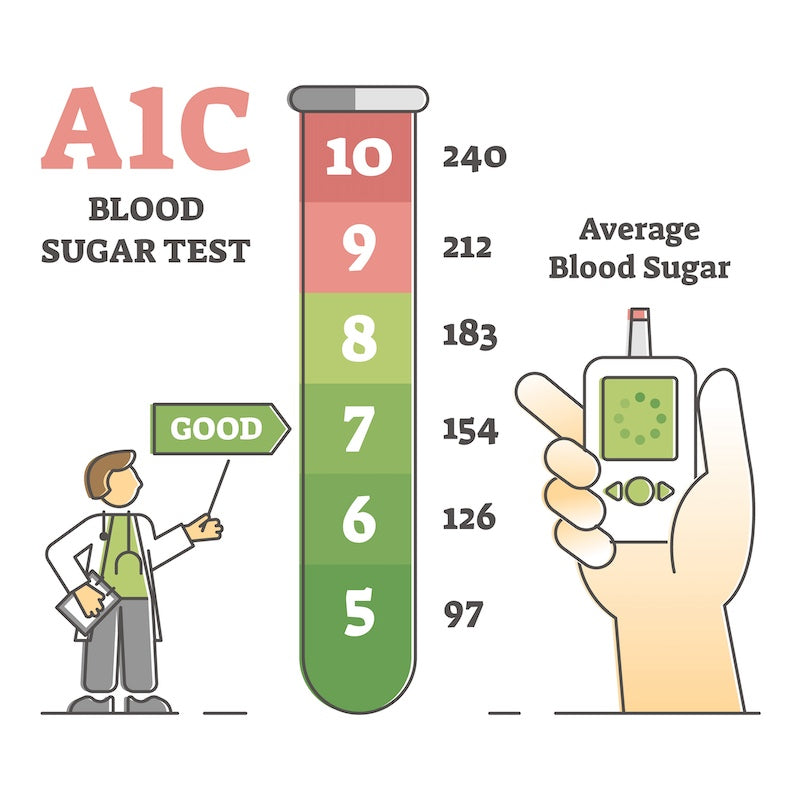Learn Your Way
to A Healthier Life
- All
- Blood Glucose Health
- Heart Health
- Respiratory Health
- Digital Health
- Mental Health
- General Wellness
Defending Your Home from Unwanted Intruders: Your Guide to Avoiding the Flu and COVID-19 This Holiday Season

December 5, 2024

It’s that time of year again: twinkling lights, carolers in the distance and unfortunately, those possible unwelcome guests—the flu and COVID-19—sneaking into our homes like Harry and Marv from the holiday classic movie Home Alone. Remember how 8-year-old Kevin McCallister used clever planning and resourcefulness to turn everyday items into traps that outsmarted those bumbling burglars and brought them to justice? This holiday season, we can channel our inner Kevin by defending our homes against flu and COVID-19 with antigen tests and other smart strategies.
Step 1: Defend Your House
Before welcoming loved ones into your home, channel your inner Kevin by setting up your first line of defense: antigen tests. These quick and easy tests help detect influenza A & B and COVID-19, ensuring guests are in the clear. Encourage everyone to test before the party. Think of it as a new kind of preparation ritual—no one wants to play host to uninvited viral guests!
Step 2: Know When to Test
Let’s face it—sniffles can show up uninvited. The key is knowing when to test and when to encourage loved ones to rest. If someone is symptomatic, test right away. For peace of mind, especially in large gatherings - consider repeat testing: one before the flight and one after. Should anyone test positive, make a cozy quarantine setup with movies, pizza and soft blankets.
Step 3: Lay Down the Traps
While Kevin set burglar traps, you can set up healthy habits. Place hand sanitizers in high-traffic areas—at the entrance, near food stations and by the gift exchange. Handwashing is a powerful weapon, reducing respiratory illnesses like the flu by 20% when done properly.
Step 4: Be Merry, Masked and Mindful
Masks may not look cheerful during the holidays but for large gatherings or visits with vulnerable family members, they’re a smart choice. Wearing masks in crowded indoor settings is a considerate way to protect yourself and your loved ones.
Step 5: Level Up Your Immunity
Just like Kevin’s ingenious battle plan, a good strategy involves preparation. Vaccinations for flu and COVID-19 remain critical. Not only do they reduce the severity of illness, they also help protect vulnerable members of your family, like grandparents and babies. It’s like fortifying your house before the intruders strike.
Step 6: Stay Home… Alone
Feeling under the weather? Stay home. It’s the ultimate act of holiday kindness. Encourage guests to bow out gracefully from a visit if they have symptoms of illness or test positive for COVID-19. You can always reschedule or video call. Just ask Kevin—it’s not the worst thing to spend some time alone (as long as the pizza guy delivers.)
Endgame: Outwit, Outplay and Outsmart Those Germs!
The holidays should be about joy, connection and making memories—not about dodging the flu or COVID-19. Just like how Kevin McCallister outsmarted home invaders with creativity, you can outsmart potential viruses and keep your family safe by embracing modern healthcare tools like antigen tests.
So go ahead and enjoy that festive feast, knowing you’ve done everything possible to keep the sneaky germs at bay. As Kevin famously declared, “This is my house! I have to defend it!”
Have a happy and healthy holiday season!
References
Sign Up For More From iHealth
Receive the Latest News and Special Offers
Related Articles

Tags
What Can You Do to Manage High Cholesterol?
Approximately 86 million American adults (20 years and older) have high cholesterol, representing about 36% of the adult population. High cholesterol doesn’t always manifest obvious symptoms, but can quietly increase your risk of serious health problems over time. The good news is that there’s a lot you can do to prevent and manage high cholesterol.
Read more
Tags
How Is Blood Pressure Affected by Sleeping Habits?
Studies have shown that too little sleep or even too much sleep, as well as erratic sleep schedules could have an adverse effect on your blood pressure. What is the ideal number of hours to sleep and how can one stick to a consistent sleep schedule? And how can at-home blood pressure monitoring be an aid in maintaining healthy sleep habits?
Read more
Tags
Yes, Your Gut Health Affects Your Mental Health – and Overall Wellness
Your gut isn’t just a digestive system--scientists are discovering that it plays a surprisingly powerful role in your mental and emotional health, as well as your overall wellness. At the heart of it is the gut-brain connection, also called the gut-brain axis.
Read more
Tags
Wellness = Preventative Care for Chronic Conditions
August is National Wellness Month. Learn how wellness routines can reduce the risk of chronic illnesses, which afflict 76.4% of US adults, in this exclusive blog written by Maggie Aimes. Maggie is a registered nurse and healthcare writer whose work has been published in AARP, Everyday Health, Health and Well+Good.
Read more
Tags
6 Common Back-To-School Illnesses In Children
Back-to-school means back-to-school illnesses, as germs can spread in crowded classrooms. In her blog exclusively for iHealth, Dr. Jill Seladi-Schulman PhD, an infectious disease expert and writer who has been featured in Healthline and Medical News Today, covers six common back-to-school illnesses and how to reduce the risk of your child from catching one of these bugs.
Read more
Tags
Smart Glucose Monitoring For Seniors
Nearly 1 in 3 adults over the age of 65 in the U.S. is living with diabetes. While daily blood sugar monitoring is a cornerstone of diabetes management, traditional glucometers can be tricky for seniors to use. Today's thoughtfully designed smart glucose monitors with their senior-friendly features, combine simplicity, comfort and modern technology to make blood sugar tracking easier for older adults.
Read more
Tags
International Self-Care Day: Making Your Own Wellness a Priority
Key to how individuals deal with everyday stress is to slow down and take time for self-care, according to wellness experts. International Self-Care Day, commemorated annually on July 24, encourages the prioritization of self-care for overall health and well-being. Here are practical tips on how to incorporate self-care into a regular routine.
Read more
Tags
What We Learned From COVID—And How It’s Still Shaping Public Health
Although the pandemic stage of COVID is behind us, the virus itself hasn’t disappeared and continues to shape how we think about public health. The good news is we are not starting from scratch. We now have the tools and the awareness to respond quickly to COVID.
Read more
Tags
The Evolution of Multi-Pathogen Testing
Six years ago, testing for respiratory illnesses like flu and RSV was mostly limited to hospitals, and often involved multiple tests for the different viruses. Today, multi-pathogen testing is used everywhere—including from the comfort of home. Learn how innovations driven by the SARS-CoV-2 coronavirus make it possible to detect COVID-19, Flu A/B and RSV, while strengthening preparedness for future pandemics around the world.
Read more
Tags
BBQ Tips for a Heart-Healthy Fourth of July
You don’t have to choose between flavorful food and your health this Independence Day. With a few simple strategies—like using herbs instead of salt, grilling lean proteins and staying well-hydrated—you can enjoy the full BBQ experience while keeping your blood pressure in check. Learn how to plan a festive and blood pressure-friendly cookout that everyone can enjoy.
Read more
Tags
Heat, Hydration and Health Checks: Managing Prediabetes During the Summer
If you’re one of the millions of Americans living with prediabetes, staying hydrated, choosing seasonal foods and using technology to understand how heat affects your body can help you manage blood glucose levels all summer long. Learn why summer is both a challenge and an opportunity for blood sugar control and how certain strategies and tools can help protect your long-term health.
Read more
Tags
Protecting Teams and Communities During Summer COVID Surges
Healthcare experts at Harvard Medical have found that there can be outbreaks of COVID throughout the year. So even during the summer, organizations need to be mindful and implement safety measures. The good news: preventative action for COVID doesn’t necessarily mean disruption to the organization. With tools like updated boosters, air purifiers and rapid testing, teams can proactively monitor and manage their health all season long.
Read more
Tags
Smart Gear, Safer Jobs: How Wearable Technology is Protecting Workers
Whether they happen behind desks, on hospital floors or in warehouses, workplace injuries can happen anywhere. Learn how wearable technology helps companies with boosting safety measures. From posture sensors to fatigue trackers, wearables not only prevent injuries and monitor health risks, but they also empower employees and encourage active participation in their own safety and wellbeing.
Read more
Tags
Lowering Your Blood Pressure? You Might Also Reduce Dementia Risk
High blood pressure (BP), also known as hypertension affects nearly 88% of all adults in the US. Hypertension not only increases their risk of serious vascular damage, but also raises the risk of dementia. High BP is extremely common, but it is also treatable and manageable through a combination of healthy lifestyle choices and medications when needed. Whether you're in your 30s looking to prevent problems or in your 70s seeking to preserve the sharpness you have, it's never too early or too late to prioritize blood pressure control.
Read more
Tags
Breathing Easier: Solutions for Managing Asthma and Allergies
According to the Asthma and Allergy Foundation of America (AAFA), over 100 million people in the U.S. are affected by asthma and/or nasal allergies. Symptoms can include wheezing, shortness of breath, coughing (for asthma), sneezing, congestion and itchy eyes (for allergies). Learn how various at-home testing tools and management options can make it easier to monitor and control respiratory symptoms from the comfort of your own home.
Read more
Tags
BE FAST: Recognize These Signs of Stroke and Save a Life
Every year, approximately 795,000 Americans experience a stroke with someone dying from one about every three minutes. Additionally, the American Heart Association reports that nearly 75% of stroke patients have dysfunction and 15–30% have severe disability. Fortunately, early recognition of symptoms and rapid intervention can significantly improve stroke treatment outcomes-making the difference between lifelong disability and a full recovery.
Read more
Tags
From Awareness to Action: Take Charge of Hypertension
Learn what healthy blood pressure looks like and how digital health apps and remote monitoring can make it easier to keep track of your blood pressure and protect long-term health.
Read more
Tags
Supporting Mental Health with Help, Action and Connection
Nearly one in 4 U.S. adults (58.7 million people) live with common mental health conditions like major depressive disorder, attention deficit hyperactivity disorder and panic disorder among others. While these numbers are concerning, people living with a mental health condition can get better, recover and thrive. Learn more about resources and ways to support your mental well-being.
Read more
Tags
Five Signs It’s Time to Start (or Re-start) Using a Glucometer
Whether you’ve just been diagnosed with diabetes or you’ve been managing it for years, there are times when starting (or re-starting) regular blood sugar checks can make a major difference. Caroline Thomason Bunn RD, CDCES, a leading diabetes educator and writer featured in Healthline, Forbes and USA Today, dives into the five signs it's time to start (or re-start) using a glucometer.
Read more
Tags
World Immunization Week: Celebrating the Power of Vaccines
Vaccinations remain one of the most powerful tools in modern medicine, credited with preventing millions of deaths and controlling the spread of numerous infectious diseases. Despite overwhelming evidence supporting vaccine safety and effectiveness, vaccine hesitancy remains one such challenge—which can be solved by educating on the proven efficacy of immunization.
Read more
Tags
Improving Clinical Outcomes for Chronic Conditions with Remote Patient Monitoring
Remote patient monitoring is transforming the way we manage chronic conditions. Read how iHealth's innovative medical devices and Unified Care’s team helped patients bring their diabetes under control—one measurement at a time.
Read more
Tags
World Health Day 2025: The Importance of Maternal and Newborn Health
Managing diabetes during pregnancy is crucial for both mom and baby's health. With early screenings, glucose monitoring technology and proper care, we can help ensure healthier outcomes for mothers and their little ones. Join us during World Health Day in celebrating and supporting maternal and newborn health initiatives for the best possible start!
Read more
Tags
Transforming Chronic Care Management with AI Solutions
Artificial Intelligence (AI) is helping to reshape how chronic diseases like diabetes, heart disease and chronic obstructive pulmonary disease (COPD) are managed. By integrating predictive analytics, personalized treatment approaches and continuous monitoring technologies into services from healthcare providers, these innovations improve patient outcomes by enabling early detection and personalized medical interventions.
Read more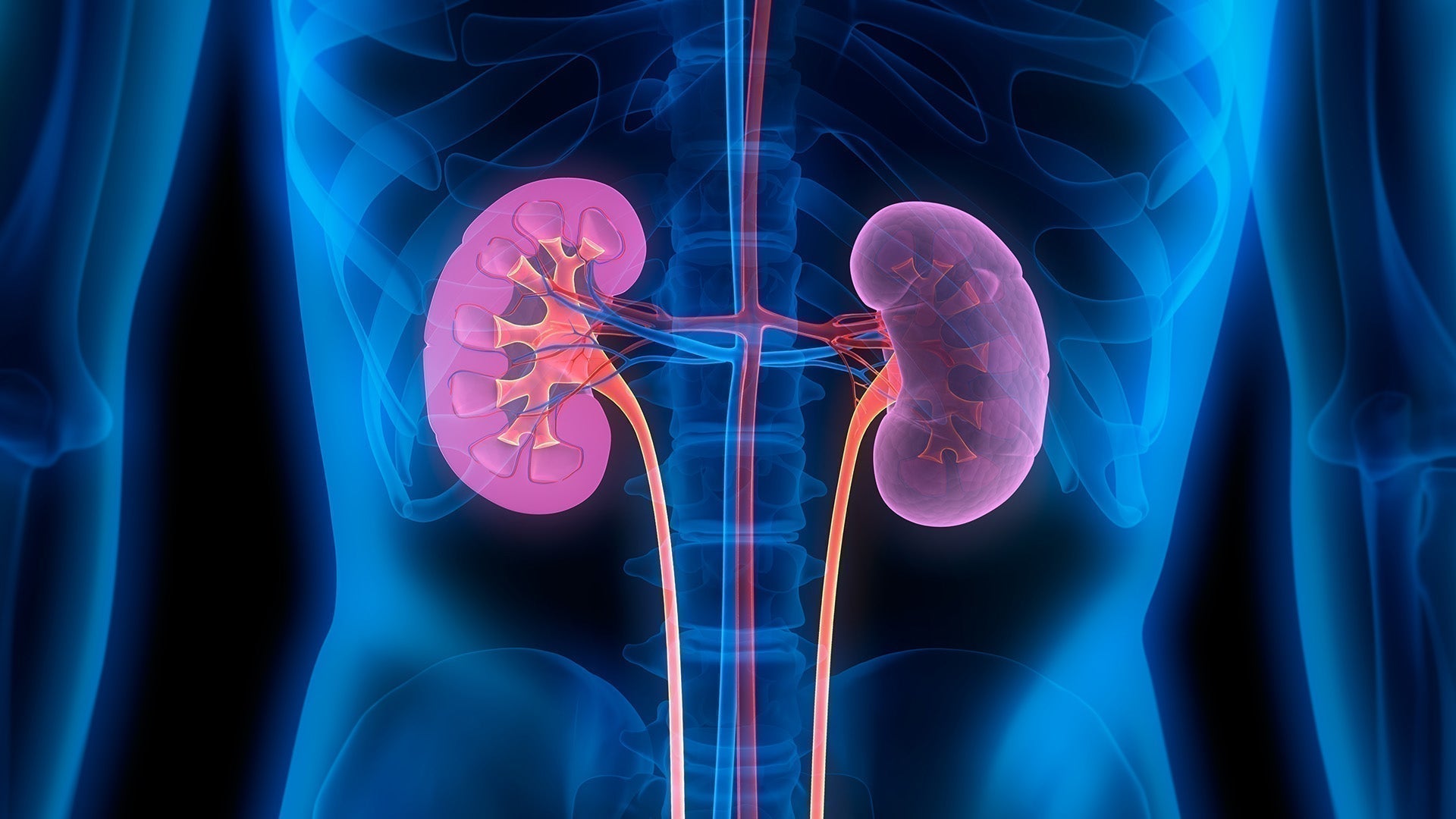
Tags
Managing Chronic Kidney Disease
Chronic kidney disease (CKD) is a progressive condition characterized by the gradual loss of kidney function over time. Effective CKD management combines blood pressure control, glucose monitoring and weight maintenance—along with medication adherence. These strategies can slow CKD progression, reducing the risk of complications and improving long-term outcomes.
Read more
Tags
Managing Your Diabetes with Blood Sugar and Nutrition Tracking
In the US, 38 million individuals are affected by diabetes, which can lead to serious health complications. Learn how to effectively manage diabetes through blood sugar monitoring and nutritional awareness, which can lead to better informed health decisions.
Read more
Tags
Protecting Our Loved Ones: Improving Patient Safety for Long-Term Care
Long-term care facilities face challenges to patient safety due to residents' complex health conditions and communal living. The COVID-19 pandemic emphasized the critical need for patient safety in these settings, especially for the aging population. Learn about the systemic issues like staffing shortages and technology adoption that must be addressed to ensure that residents receive the high-quality care they deserve.
Read more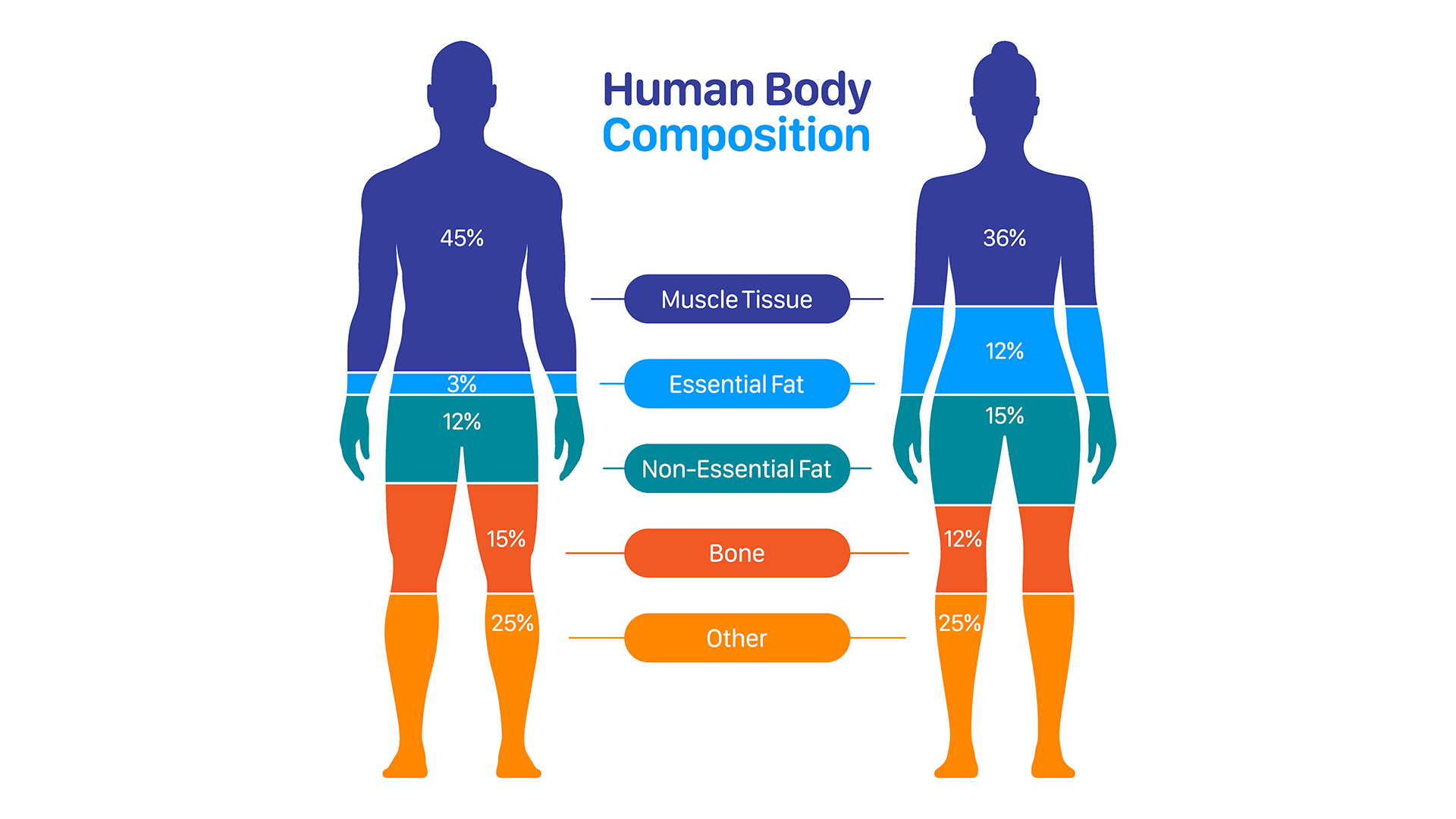
Tags
Understanding Body Composition: The Intersection of Nutrition and Modern Technology
Body composition, which is the proportion of fat, muscle, bone and water in your body, offers a comprehensive insight into your physical well-being. Learn how technology and mindful eating habits help achieve improved health and wellness goals—whether it's muscle building, fat loss or just maintaining a healthy weight.
Read more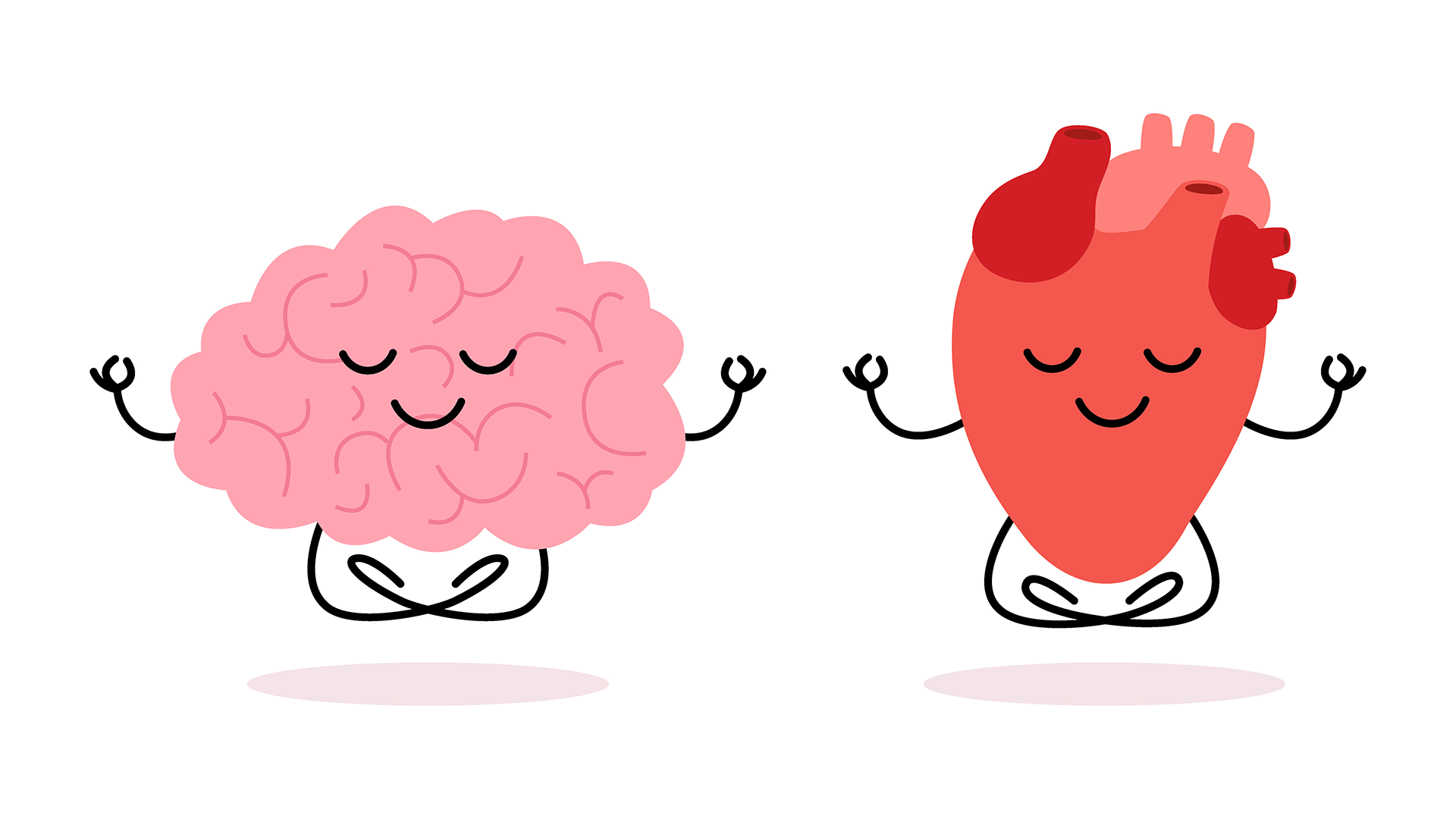
Tags
The Mind-Heart Connection: How Mental Health Affects Cardiovascular Well-Being
Stress, anxiety and depression can lead to unhealthy lifestyle choices and can increase the risk of heart disease, hypertension and other cardiovascular issues. Learn about the impact of mental health on heart health and how implementing lifestyle changes can reduce the risk of heart disease and improve overall well-being.
Read more
Tags
Caring Hearts: How Chronic Care Management Supports Seniors and Their Loved Ones
As seniors age, they face a growing number of health challenges, including chronic diseases like diabetes, heart disease, hypertension and chronic obstructive pulmonary disease (COPD). Chronic care management (CCM) provides elderly individuals and their families a structured and proactive program for ongoing medical needs using coordinated healthcare services, improved medication management and continuous patient education.
Read more
Tags
Lower the Risk of Congestive Heart Failure with Blood Pressure Monitors
Congestive heart failure (CHF) is a serious and chronic condition among aging populations in which the heart struggles to pump blood effectively, leading to fluid buildup in the lungs, legs and other body tissues. Learn how blood pressure monitors can help lower the risk of CHF.
Read more
Tags
How Digital Smart Scales Can Help Reduce the Chances of Heart Disease
Heart disease is the leading cause of death in the United States—responsible for over 680,000 deaths in 2023. Digital smart scales can help play a role in heart health management by tracking multiple health metrics, provide real-time insights and integrate with digital health platforms.
Read more
Tags
Supporting the Elderly and Immunocompromised Health with Remote Patient Monitoring
Remote patient monitoring (RPM) systems have transformed healthcare by offering a lifeline to elderly individuals and the immunocompromised. Learn how these systems empower them to manage chronic conditions and detect abnormalities while enabling caregivers and healthcare providers to monitor vital metrics in real-time.
Read more
Tags
Pulse Oximeters: A Helpful Tool for Those with COVID
A pulse oximeter is a small, non-invasive clip-on device that measures the percentage of oxygen in your blood—also known as oxygen saturation or saturation of peripheral oxygen (SpO2). Using a pulse oximeter can assist in tracking your respiratory health, especially when it is affected by COVID-19.
Read more
Tags
Navigating COVID-19 and Flu Risks as Kids Return to School
As children return to school, the joy of reuniting with friends can coincide with a surge in respiratory illnesses and the threat of passing them on to family members when they get home. The convergence of COVID-19 and flu strains A and B pose significant concerns, particularly for families with elderly or immunocompromised members. Recognizing the risks and implementing preventive strategies can help safeguard both children and their loved ones.
Read more
Tags
Managing Health, Fitness and Diabetes for the New Year
The start of a new year motivates us to create fresh goals, however, for those with diabetes, navigating exercise requires careful monitoring of blood sugar levels. Glucometers can play a crucial role in this process and empower you to achieve your fitness goals, offering invaluable data about blood glucose fluctuations before, during and after exercise.
Read more
Tags
Kickstart Your New Year with Heart-Friendly Resolutions
As the New Year approaches, many of us are reflecting on ways to prioritize our health. One critical yet often overlooked aspect of wellness is maintaining a healthy blood pressure—which is a cornerstone of heart health and longevity. Let’s explore why this matters and how lifestyle choices—combined with the right tools such as blood pressure monitors—can help you achieve your health goals.
Read more
Tags
The Holiday Guide to Glucometer Readings: Managing Blood Sugar with Confidence
The holidays bring joy, family gatherings and an abundance of food—but they can also be challenging for people managing diabetes. During festive seasons, glucometer readings offer invaluable insights into your blood sugar levels, providing crucial data to guide your daily decisions and optimize your health.
Read more
Tags
Have a Heart Healthy Thanksgiving
Thanksgiving is almost here! It’s a day of great food, gratitude and family but if you’re managing high blood pressure (hypertension), the holiday’s rich, sodium-heavy meals can present some challenges. With a few mindful adjustments to your Thanksgiving menu and advance meal planning, however, you can enjoy the holiday without compromising your health.
Read more
Tags
Safe Sojourns: Antigen Tests, Holiday Travel and Peace of Mind
For those with compromised immune systems, respiratory issues or heart conditions, the flu and COVID-19 can pose serious health threats. Learn about how antigen tests for the flu and COVID-19 protect you and your loved ones as you travel through large airports and on crowded buses.
Read more
Tags
Flu A vs. Flu B: What Parents Need to Know During School Season
Influenza, commonly known as the flu, is a contagious respiratory illness caused by influenza viruses, with types A and B being the most common. Influenza A and B may seem similar, but understanding the differences between them can help you protect your children. Learn about Flu A and Flu B and provide the right care based on testing.
Read more
Tags
Balancing Blood Sugar and Sugary Sweets for a Happy Halloween
Halloween is a magical time for kids, full of costumes, trick-or-treating and, of course, candy. However, for people managing diabetes or those keeping an eye on their blood glucose levels, the season can be especially difficult. Learn how glucometers can protect anyone with Type 1 Diabetes (T1D) during Halloween without compromising your blood sugar levels!
Read more
Tags
Halloween, the Flu and COVID-19: How to Keep Your Kids Safe with At-Home Testing
Flu and COVID-19 share many similar symptoms, such as fever, cough, fatigue and muscle aches, making it difficult to determine which virus might be affecting your child. Both can spread easily through close contact and Halloween gatherings or trick-or-treating may increase the risk of exposure. Learn about multi-detection antigen tests and how you can protect your children from the flu and COVID-19 as Halloween approaches.
Read more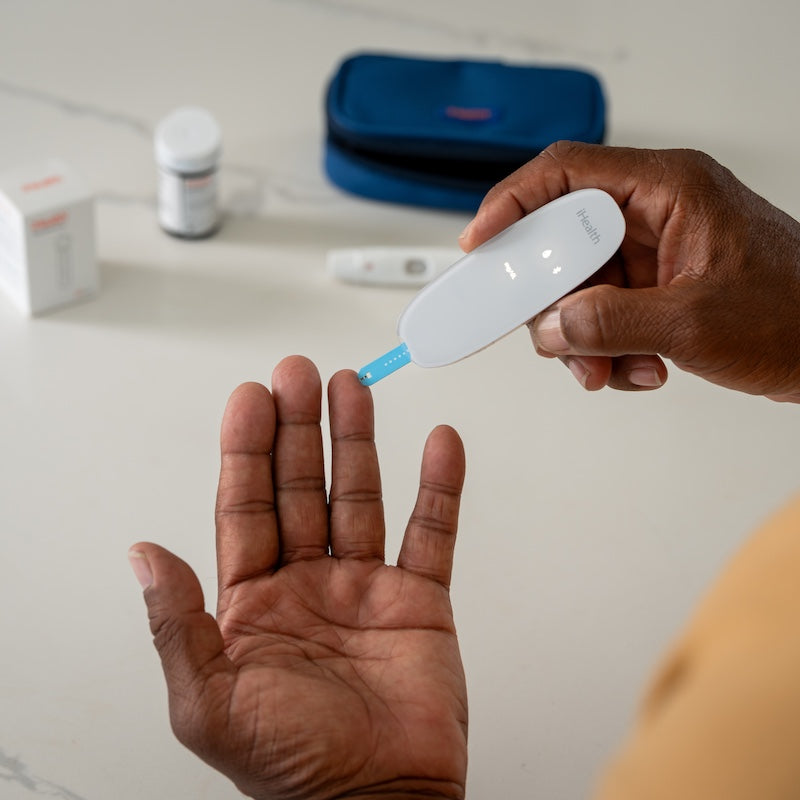
Tags
Glucose Readings Looking Off? Here's What Might Have Happened...
When used correctly, blood glucose meters are usually accurate. As the meter and strips get older, they may be less correct. Consider these other factors that affect meter accuracy and how to resolve them.
Read more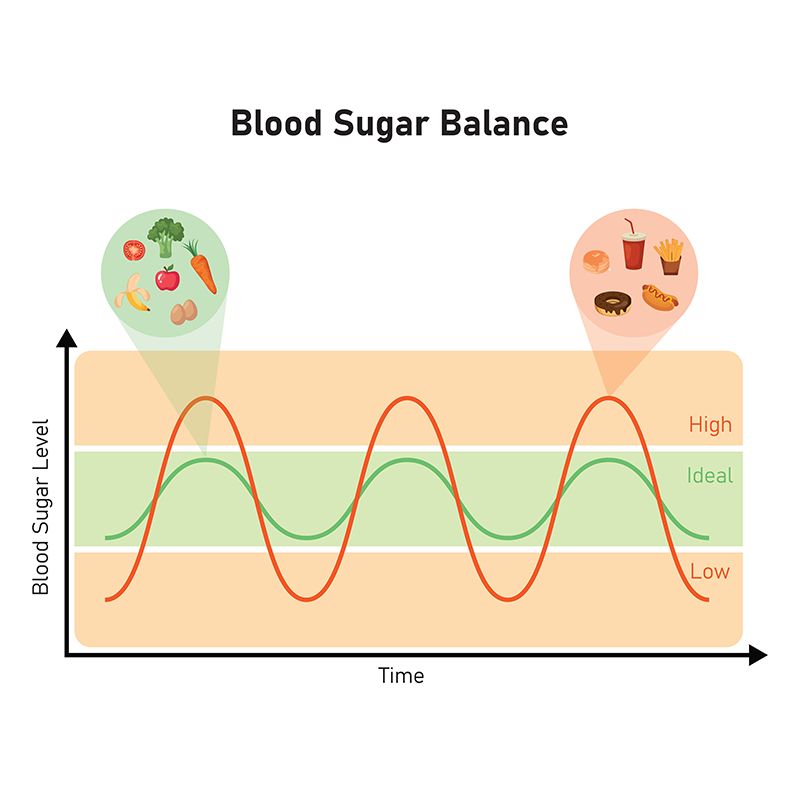
Tags
Effects of Different Carbohydrates on Blood Glucose
When you eat a carbohydrate (these are starchy foods, whole grains, fruit, milk, yogurt, or food or drinks with added sugar), your blood sugars rise at different rates, and fall at different rates. How do different carbohydrates, and how do they affect my body? Let me show you!
Read more
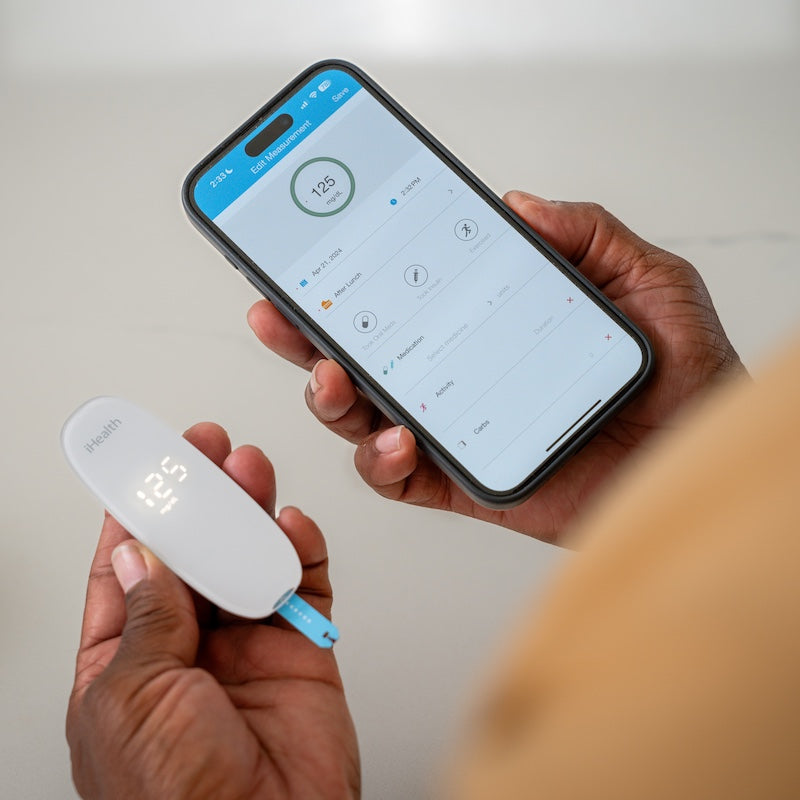
Tags
Troubleshooting your blood sugars: Reactive Hyperglycemia (Somoygi Effect)

Tags
How Many Times Can I Reuse Lancets?
Since glucometer lancets are so fine, they are also delicate. Each time they puncture the skin, they cause microscopic burrs and dents in the needle. Learn what happens when a lancet is reused.
Read more